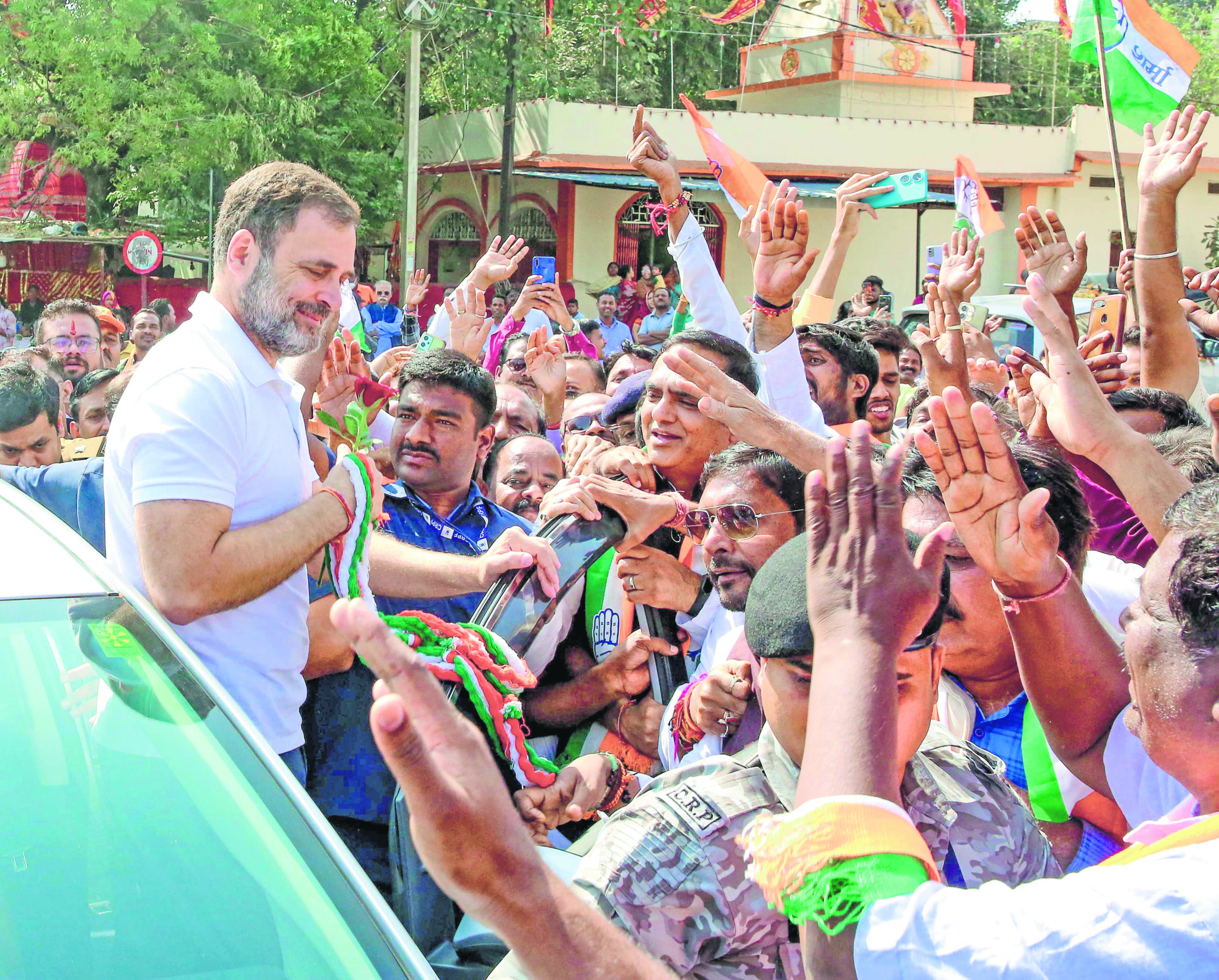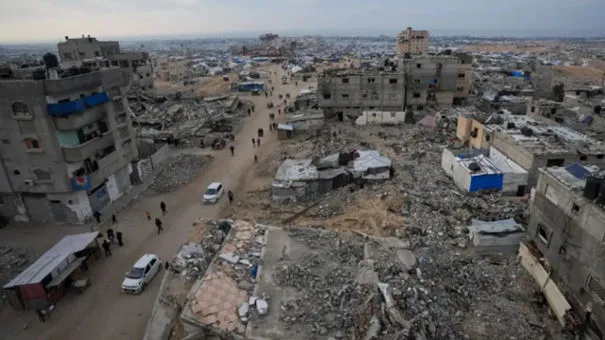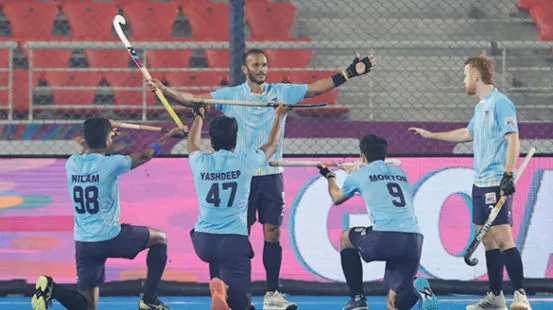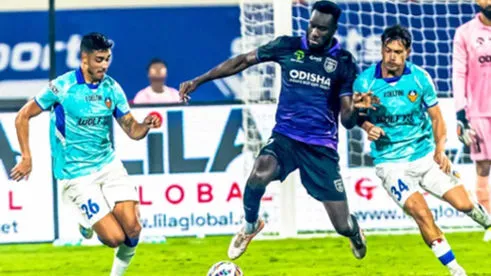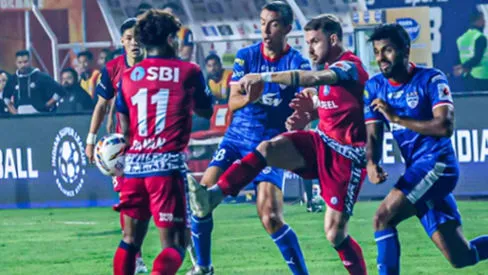In the political arena, preparations for elections are underway at every turn now. During these days, local workers and leaders of the Congress party at Patna airport were expressing their anger over the style of dedicated workers being ignored, only acknowledging their sacrifices, contributions, and fundraising efforts. We were also waiting nearby due to a slight delay in our flight, which gave me the opportunity to speak with this passionate female worker. She has been associated with the Congress party for nearly 15 years. Despite coming from an economically disadvantaged section of society, she managed to earn a livelihood from a small town in Bihar to Delhi after completing higher education with an MA degree. She has actively participated at the district, state, and national levels in various movements, campaigns, and tours organized by the Congress party. She has even been severely injured in clashes but her frustration lies in the fact that there is no hearing for dedicated workers at various levels within the Congress party.
The demand for more funds is made by senior leaders not only for election tickets but also for organizational positions. While Rahul Gandhi is delivering speeches on reservations and backward castes, the dominance remains with leaders of influential castes at the regional and district levels. Additionally, campaigns like ‘Donate for the Nation’ also revolve around fundraising. The serious complaint of this female worker is that although she contributes financially to party programs as much as possible, she is not willing to pay tens of millions for an election ticket. Interestingly, she was also advised to seek a ticket from some regional parties in the new coalition. While regional parties foreseeing victory are demanding up to 250 million for a Lok Sabha ticket. First, funds are demanded for tickets, then heavy spending is required to contest elections. This is indeed a political disgrace. On one hand, talks about Mahatma Gandhi’s donation for the country are happening, and on the other hand, the centenary year of Bihar’s hero Karpoori Thakur is being celebrated, reminding people of his ideals. Karpoori Thakur is among those few elected leaders who remained victorious in Assembly elections solely by taking donations from the public, from before 1952 until 1985. Despite serving as Chief Minister twice, he neither built a house nor bought a car. He continued to embody the ideals of Gandhi, Jayaprakash Narayan, and Ram Manohar Lohia in his personal political life. Whether they were socialists, Congressmen, Jan Sangh members, or old leaders of communist parties, those who directly connect with the people spend the least in elections. Despite recommendations for electoral reforms, election expenses continue to rise. In major states, candidates now spend up to a maximum of 7 million in Lok Sabha elections, and in smaller states, this limit has gone up to 5.4 million.
In Maharashtra, Madhya Pradesh, Uttar Pradesh, West Bengal, Delhi, and Karnataka, the expenditure limit is 54 lakhs, while in Arunachal Pradesh, Goa, Sikkim, Andaman and Nicobar Islands, Chandigarh, Dadra and Nagar Haveli, Daman and Diu, Lakshadweep, and Puducherry states, it ranges from 27 to 35 lakhs, and in the Northeastern states, it is 54 lakhs. According to the government, the increase in the limit of election expenditure is due to the increase in the number of voters, an increase in the number of polling stations, and the rise in the rate of inflation.
After the increase in the limit of election expenses, most political parties agreed, but the Chief Minister of West Bengal, Mamata Banerjee, opposed it. She made sharp remarks against raising the election expense limit, stating that this decision would clearly encourage corruption and black money. It is appalling. I condemn it. At a time when there is a strong demand to free elections from the influence of money power, increasing the election expenditure limit is indeed perplexing. The increase in the election expense limit might pose challenges for parties with limited budgets.
Political parties have consistently claimed that the existing limit on election expenses is not practical. Allegations of candidates exceeding the prescribed limit have also persisted. Hence, if the election expense limit is increased, candidates won’t have to lie in their affidavits.
Gopinath Munde, the Deputy Leader of the BJP in the Lok Sabha, publicly stated last year that he spent eight crores in the 2009 elections. Political experts say that candidates spend much more than the prescribed limit. If they are correct, candidates could be deemed violators under Section 123(6) of the Representation of the People Act.
In the last five years, there has been a threefold increase in the election expenditure limit for the Lok Sabha elections: from 25 lakhs in 2009 to 40 lakhs in 2011 and 70 lakhs in 2014. Suggestions and recommendations for improving the election process, revising the rules for the amount spent during elections, and eliminating the influence of money, muscle, and caste have all been suggested repeatedly but not effectively implemented.
The need for electoral reforms was initially acknowledged in the 1970s during the era of Jayaprakash Narayan. Under the guidance of Justice V.M. Tarkunde, a committee was formed, and its report was presented in 1975. Since then, several committees, commissions, and studies have been initiated. In 1990, the Dinesh Goswami Committee was formed. In 1998, the Indrajit Gupta Committee primarily addressed the issue of money spent during elections. In 1999, the Law Commission issued a 170-page report suggesting extensive electoral reforms. The Election Commission has also consistently taken various initiatives for electoral reforms since the 1980s. Several decisions of the Supreme Court have also contributed to improving the electoral process.
Despite these efforts, the electoral process has not been able to completely eliminate the influence of money, muscle, and criminalization. The major reason behind this is the reluctance of political parties, which has distanced Indian democracy from its ideal structure. Section 77(1) of the Representation of the People Act deals with the expenses incurred during elections. Originally, it meant that expenses incurred by friends, agents, or political parties on behalf of the candidate should also be counted within the candidate’s expenditure limit. Violation of the expenditure limit meant disqualification from contesting elections for six years.
In 1975, the Supreme Court ruled on the controversy that expenses incurred by friends, agents, and political parties should be included in the candidate’s expenses. If this decision had been followed, it could have significantly curbed the influence of money in elections. However, soon after the decision, an amendment was introduced which made this clause ineffective. Later, this amendment was incorporated into the Representation of the People Act as an amendment passed by Parliament. Subsequently, the Supreme Court has appealed to Parliament several times to create legislation that prevents distortions caused by money power in elections. However, political parties have yet to reach a consensus on this issue.
The Election Commission has accepted the recommendation of the Indrajit Gupta Committee, which suggested limited government funding for elections. However, this recommendation is yet to be implemented. Instead, what has been implemented is what we know as ‘electoral bonds’.

